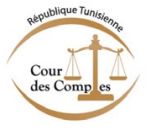About IDI
Our Cross-Cutting Priorities
Our Results
Meet the IDI Board
IDI's Board is composed of ten members from different supreme audit institutions. Get to know them better in our "Meet the Board" series.
In the words of the strategic planning team of the Supreme Audit Institution (SAI) of Tunisia, "While we cannot predict the future comprehensively and accurately, we can seek to adopt governance mechanisms that enable us to apply a continuous reality check and change the course of action if necessary. At a time when Tunisia is facing many difficulties, challenges and scarcity of funds, optimism -in general- leads us to hope that change is possible and that the future will be better than the past."

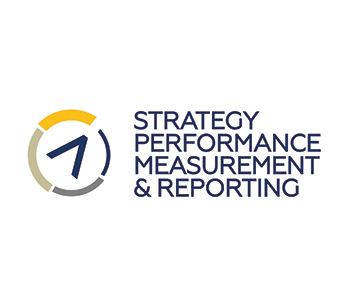
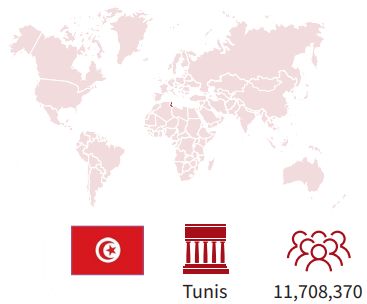
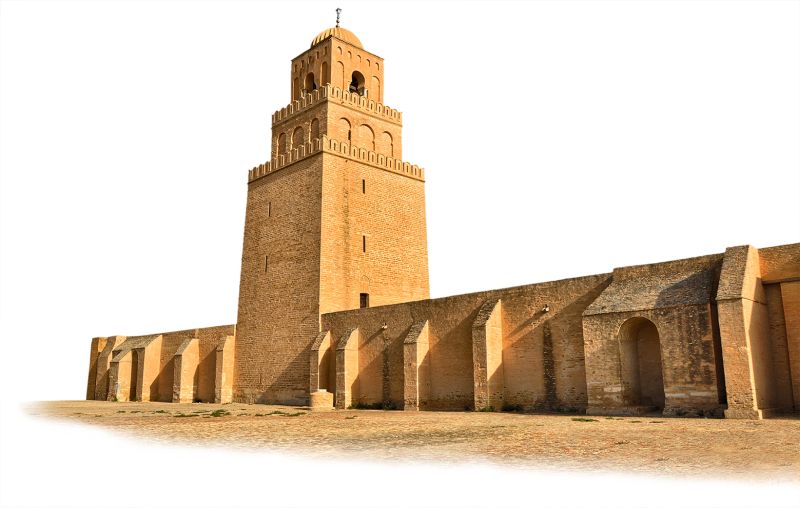
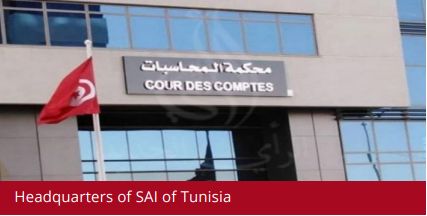
The Tunisian Court of Accounts joined the Strategy, Performance Measurement and Reporting initiative (SPMR) in 2019, with the aim of exchanging experiences with peer Arab SAIs and adopting advanced approaches. Throughout its participation, the Court has continuously applied strategic management as a mechanism to positively influence its public sector environment.
The SAI of Tunisia’s SPMR journey was characterized by its thoroughness and continuity. This helped the team weather all challenges posed by the external environment, such as the pandemic and the ensuing economic downturn, as well as safeguarding the country’s democratic system. The culmination of this work was the new strategic plan for the period 2022-2026. The strategic plan centers around three goals:
Establishing
a fair and efficient financial judiciary
Strengthening the confidence of the
Tunisian citizens in the Court of Audit and
strengthening its communication and
interaction with its environment
Contributing to accountability and transparency in the disposal of public money and improving the performance of the public sector
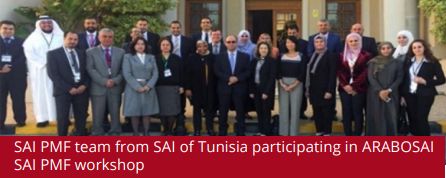
To facilitate those goals, the Tunisia Court of Accounts aims to enhance the coverage, quality and publication of its key audit and other products, in accordance with international standards. The Court also plans to upscale its own efforts to lead by example in transparency and accountability and intensify its stakeholder engagement efforts.
It is noteworthy that the Court’s unique judicial role has been strengthened in recent years, which also motivates the third goal in the new Strategic Plan. Through its work, the Court contributes to protecting the emerging democracy in Tunisia by ensuring the application of the provisions of the electoral law through monitoring the financing of electoral campaigns, detecting violations and sanctioning perpetrators.
The new strategic plan builds on solid preparatory work. The Tunisian SPMR team began by building a thorough understanding of the SAI’s current and recent performance, by completing the self-assessment of performance by adopting the SAI Performance Measurement Framework (SAI PMF). The Court also approached its key internal and external stakeholders in order to better understand how they regard its current performance, and what do they expect of its future work. Since studying the past is important for those who want to plan for the future, the team also reviewed the extent to which the previous strategic plan’s objectives and planned activities were achieved. This helped the team understand what was completed and what was outstanding, and design better solutions going forward.
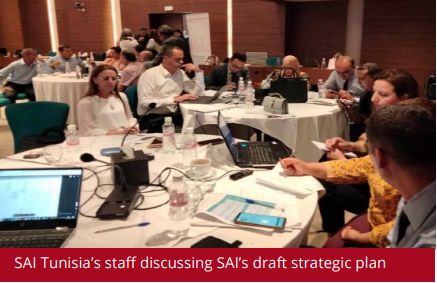
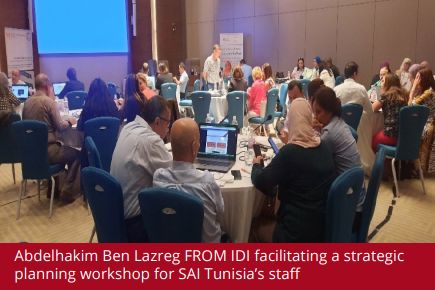
These results allowed the team to develop a comprehensive view of strengths, weaknesses, opportunities and threats, and identify the main strategic issues, or key fundamental questions to drive the new strategic direction of the Court. Extensive working sessions with members of the SAI of Tunisia ensured ownership through a participatory approach for the new strategic plan.
Recognising that strategic management requires solid implementation processes, the SAI Tunisia team worked in parallel on both the strategy and the first operational plan for 2022. The team received reinforcements from Court’s support department to develop a holistic annual plan that specified in more detail the activities related to the implementation of the strategy in its first year.
The proposed activities aim to improve auditing processes, including a better alignment with ISSAIs, a risk-based approach, and a review of approaches to strengthening the capacity of members of the Court. The operational plan also focused on mechanisms for improving internal and external communication, quality assurance approaches, strengthening the Court’s internal control system, and enhancing familiarity with the technology and programming tools. Through these activities, the Court aims to improve its image and role as a model institution, which adds value to the efficiency of the public sector and supports transparency and accountability.
There are many factors that have contributed to the positive experience with strategic management of the SAI of Tunisia. Crucially, the commitment of the SAI senior management has been indispensable. In addition, the participating team took care to build a common understanding on the nature and importance of strategic management. A highly participatory approach facilitated an agreement on the common vision for the Court, considering the external and internal environment. The alignment between the strategic and the operational plan will support a better decision-making that considers the financial repercussions and the strategic importance of activities.
CO-AUTHORS
Fadhila Gargouri, SP team member from SAI of Tunisia
Nihed Maaloul, SP team member from SAI of Tunisia
Abdelhakim Ben Lazreg, Senior manager, INTOSAI Development Initiative
The SPMR initiative is co-funded by the Swiss State Secretariat for Economic Affairs, SECO

